This teenage girl is fighting for gun control in Wyoming. Will anyone listen?
In conservative Wyoming, firearms are part of the fabric of everyday life. So when one teen, upset about school shootings, began to call for gun control, the resistance began at home.
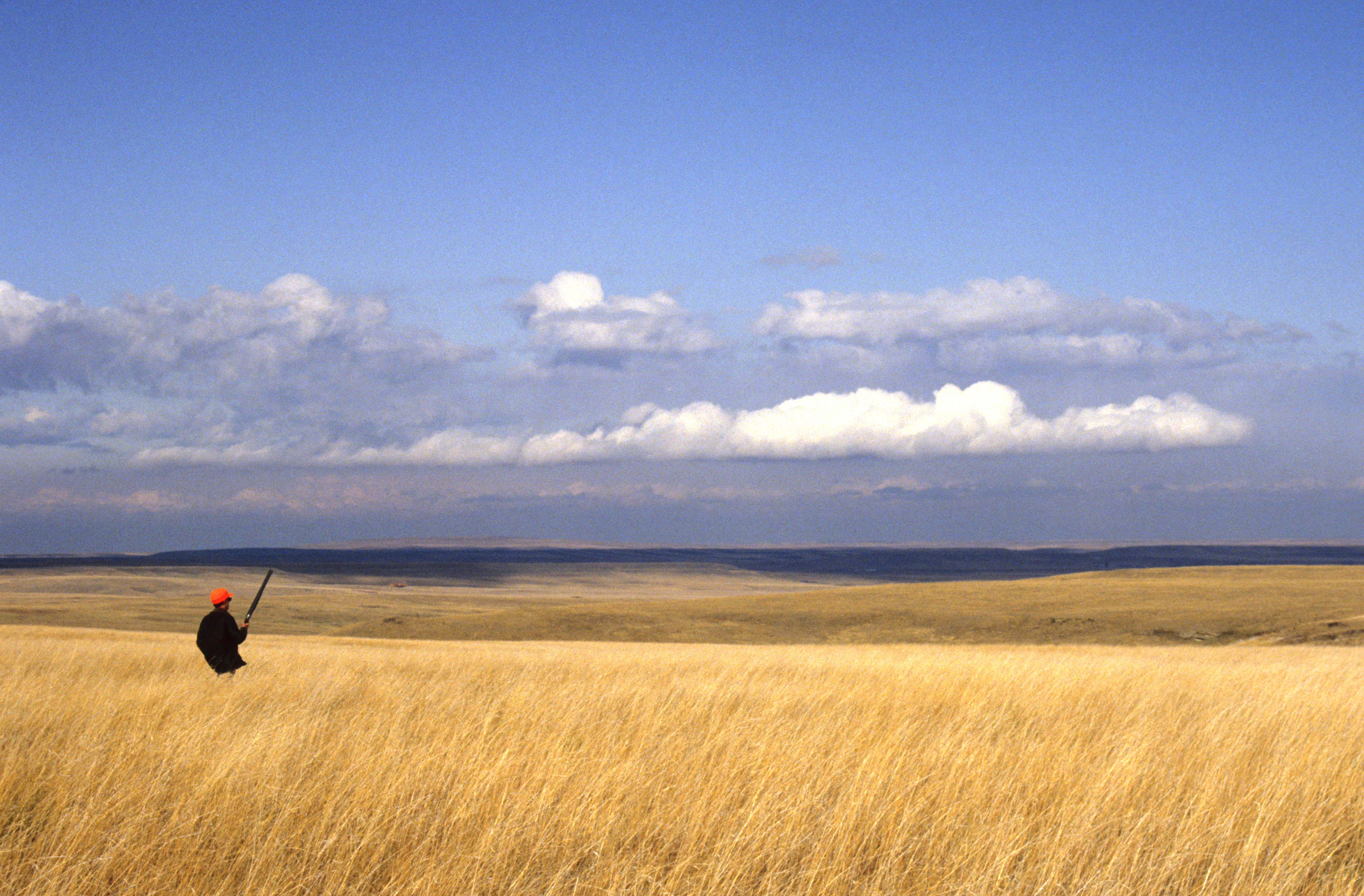
A free daily email with the biggest news stories of the day – and the best features from TheWeek.com
You are now subscribed
Your newsletter sign-up was successful
Alan Engdahl was driving home after an overnight shift in the oil field when his truck picked up a scratchy radio signal out of Gillette. It was the first sign of civilization since he had disappeared the afternoon before down 50 miles of wind-whipped prairie and rutted gravel roads, so Alan and his co-worker listened to the disc jockey tick through community news. Cattle prices were flat. T&T Guns had antique rifles on special. The Cowboy Draw lotto was up to $1 million. "And here's something you don't hear every day," the radio host said. "We apparently have a liberal gun protest happening right here in Gillette."
Alan had rarely heard anything described as liberal in northeast Wyoming, and now he listened as the DJ explained how 10 Campbell County High School students had marched downtown the previous afternoon to demand tighter gun laws. They said they wanted mandatory background checks on all gun purchases. They said they wanted to build a gun-control movement in solidarity with survivors of a shooting in Parkland, Florida. But this was Wyoming, where the high school yearbook devoted four pages to "Hunting: No Greater Sport" and a local club funded college scholarships by raffling off AR-15s. The protesters had been met downtown with middle fingers and the warning of suspensions.
"They should be expelled," Alan remembered joking to his co-worker. "That bleeding-heart nonsense might fly in New York or D.C., but in Wyoming? That's treason."
The Week
Escape your echo chamber. Get the facts behind the news, plus analysis from multiple perspectives.

Sign up for The Week's Free Newsletters
From our morning news briefing to a weekly Good News Newsletter, get the best of The Week delivered directly to your inbox.
From our morning news briefing to a weekly Good News Newsletter, get the best of The Week delivered directly to your inbox.
Wyoming has more guns per capita than any other state, and more than 80 percent of adults in Campbell County have firearms in their homes. Alan once owned more than 250 until he committed a drug felony in 2006 and lost his legal right to own guns.
He parked at a ramshackle house on the outskirts of town, where the newspaper waited at the kitchen table. On the front page he noticed a story about the gun protest, the first that anyone could remember in Gillette. "A Walkout for Change," the headline read. Above that was a picture of several students marching, and there in the midst of them, holding a protest sign, was his 16-year-old daughter, Moriah.
Now a week later, that sign was in his house, tucked into the closet of a bedroom where Moriah had been spending much of her time, with her door closed, since the protest. In the days since the march, the "Campbell County Ten" had become the object of profane graffiti and the favorite target of a new Instagram account, "Campbell County Students for America," which shared memes comparing gun protesters to Hitler. For his part, Alan had considered grounding Moriah for skipping school but decided against it. "I'm pretty sure the rest of Wyoming is going to punish her for me," he said, so instead he had chosen to needle Moriah at every opportunity.
"Win any popularity contests at school today?" he asked when she walked into the kitchen. She rolled her eyes and ignored him, so he tried again. "Did you manage to get everyone's guns yet?" he said.
A free daily email with the biggest news stories of the day – and the best features from TheWeek.com
"How many times do I have to tell you it's not about that?" she said. "We're just pushing for more safety, a little more control."
"That's a bad word," Alan said. "First it's gun control, then it's confiscation."
She was the youngest of his four daughters, each a bit more empowered than the last, and by the time Moriah turned 12 she had begun questioning her parents' Christianity, and then started favoring abortion rights, and then calling herself a feminist, and then refusing to eat the pigs her family sometimes slaughtered for meat. "The mouthy, hardheaded one," Alan called her, with some pride, even if they often disagreed.
She advocated for gay rights in her high school, and he thought acceptance was "part of the problem, because that stuff is better off staying hidden." She was dating a Mexican-American boy named Jon, whom Alan liked but also occasionally referred to as "Mexican Juan."
But one thing they had rarely argued about was guns, at least until 17 people were killed at a high school in Parkland in February. Moriah occasionally went target shooting at the range on "ladies day" with her mother, who was remarried and living across town. Her mother's freezer was filled with fresh venison from her latest October kill. Her father and his friends had sometimes fired off 1,500 rounds in a day of target shooting before he went to prison for distribution of methamphetamine.
Like her parents, Moriah had usually blamed Gillette's high rates of gun violence not on firearms but on the character of the town itself. The coal and oil boomtown had nearly doubled in size since the 1990s to about 32,000 people, many of whom worked to extract the natural resources below ground. The town suffered from high rates of transiency and wild economic swings, which contributed to one of the country's highest suicide rates.
After Parkland, though, Moriah began reading online about guns and became interested in research suggesting that guns are part of the mental health crisis, too. She read that suicides account for almost two-thirds of gun deaths, and that people are five times more likely to successfully commit suicide if they own or have access to a gun. Her cousin had killed himself with a hunting rifle in 2015. One of her classmates had brought a gun to school a year later, sparking an evacuation before he shot and killed himself by the railroad tracks.
She lived with her father in a single-story place wedged between a cow pasture and a coal mine. A dartboard hung in the kitchen, and red plastic cups filled the cabinets. Her father styled himself as gruff and imposing, but he was also a bighearted savior of damaged cars and lost people, both of which populated his 5 acres.
There was Luke, who had nowhere to live until Alan offered up his shed; and a drifter who called himself "Tennessee," who had come to Wyoming looking for work but failed a background check; and Scotty, who spent his days trying to fix some of the 17 trucks surrounding the house. "Sweet-but-crazy uncles," Moriah called them, because they were almost always following Alan's lead, whether that meant watching old Westerns or teasing Moriah.
"You know why I like guns, Moriah?" Tennessee said now. "Because otherwise we'd be under British rule."
"You're all stuck in an old way of thinking," Moriah said. "You guys have no idea how many people are with us."
The truth was that she didn't exactly know, either, so later that week the Campbell County Ten scheduled a meeting after school for "anyone open to gun solutions." Moriah met a few friends in the school parking lot, and they walked to a Starbucks.
Their original protest march had begun with 10 students but dropped quickly to nine, when an irate parent drove downtown and yanked her daughter into the car. In the days since, a few more students had dropped out of the group's text-messaging chain after saying they wanted to focus on less controversial issues, like remembering victims or discouraging bullying.
Now there were five of them, including one who opened the meeting by reminding everyone that she was not officially in the group and that her parents were trying to get her a job at a shooting range. "I'm just here to watch," she said. That meant the Campbell County Ten was in fact down to Moriah and three others: a freshman wearing a Pink Floyd T-shirt; a senior who described herself as "fiercely, fiercely liberal"; and the outspoken editor of the school newspaper.
Moriah tried to take notes as everyone spoke at once about starting a group Instagram account, or writing to Wyoming senators, or boycotting Walmart until it stopped selling rifles. "It's like there's a gun addiction here," one girl said.
"Even my dad has started calling me a gun-control libtard," said another.
"Quieter. Please," Moriah said, because the woman at the next table had set down her newspaper and was openly staring and scowling in their direction. Moriah leaned in and spoke just above a whisper. "We need to be completely anger-less, or else people will think we want to take away their guns and melt them into a statue of Obama. We need to focus on one thing."
Moriah suggested her preference for what that should be: keeping guns out of Campbell County High. The school board in another Wyoming county had just voted to arm its teachers with concealed handguns after a survey showed 74 percent of residents supported that idea. Campbell County's school board had begun meeting with law enforcement to explore a similar possibility. The next school board meeting was just days away. Each meeting was open to public comments.
"One message," Moriah said again, but now a few other customers had begun to gawk at their table, and some of the girls stood up to pack their bags.
"Are we going to do this?" Moriah asked, and when there was no definitive answer, she started packing, too.
She bought a new dress and borrowed her sister's best lip gloss. She trimmed her speech to the recommended three-minute allotment, double-checked her statistics, and practiced six times in the living room. Then she went to a nondescript county building and waited her turn to speak, until the chairwoman called her up to a seat at the center of the room.
"Thank you for your time, trusted board members," Moriah said. She smiled up at 12 school administrators seated on an elevated platform and then began to read from the speech that was now shaking in her hands. "I'm here to express my concerns about arming teachers," she said. "I believe allowing firearms in school is an irrational idea to introduce here."
She told the school board that she was worried about the mental health epidemic in Gillette and that some school employees inevitably suffered from those problems, too. She said that teachers were not trained for shoot-outs and that even armed school security guards had failed to stop shootings.
"Adding more guns to the equation will not be a universal solution," she said, and now her three minutes were almost up. She asked the board to "search for new ways" and then concluded by smiling and thanking them again.
The chairwoman grabbed her mike and told Moriah that she wanted to "set her mind at ease." She said the district was looking into many ways to ensure student safety, including bulletproof glass, door-jamming devices, and, possibly, guns. "It will be a long and careful process," she said, and then she moved on to the next speaker.
Moriah retreated to the back of the room near her mother, her boyfriend, and two of her sisters as the school board rolled through its agenda, until it began to feel to Moriah as if her speech had all but evaporated. "You did great," her mother said, once they left. "Measured and respectful."
"But did they get it?" Moriah asked. "I feel like maybe they heard but didn't exactly listen."
She went back to her father's house, where everyone was sitting in the kitchen. "How'd the gun controlling go?" Alan asked, and Moriah started to tell him about the meeting until he cut in.
"I guess it really doesn't matter if they have guns or not," Alan said. "If one of these shootings happened in Wyoming, you'd have parents breaking through the windows with more guns than you'd ever seen."
"Okay," she said. "But that's my point. I'm trying to — "
"If you got a gun, then just bring it," Tennessee interrupted. "I don't see why we need much regulation myself."
"They are trying to push toward confiscation," Luke said. "First it's control," Alan said.
Moriah sat there as they talked over her, circling the same points. She was trying to be patient. She was trying to compromise.
"Hey! I'm trying to say something," she said.
Excerpted from an article that originally appeared in The Washington Post. Reprinted with permission.
-
 The pros and cons of tapping your 401(k) for a down payment
The pros and cons of tapping your 401(k) for a down paymentpros and cons Does it make good financial sense to raid your retirement for a home purchase?
-
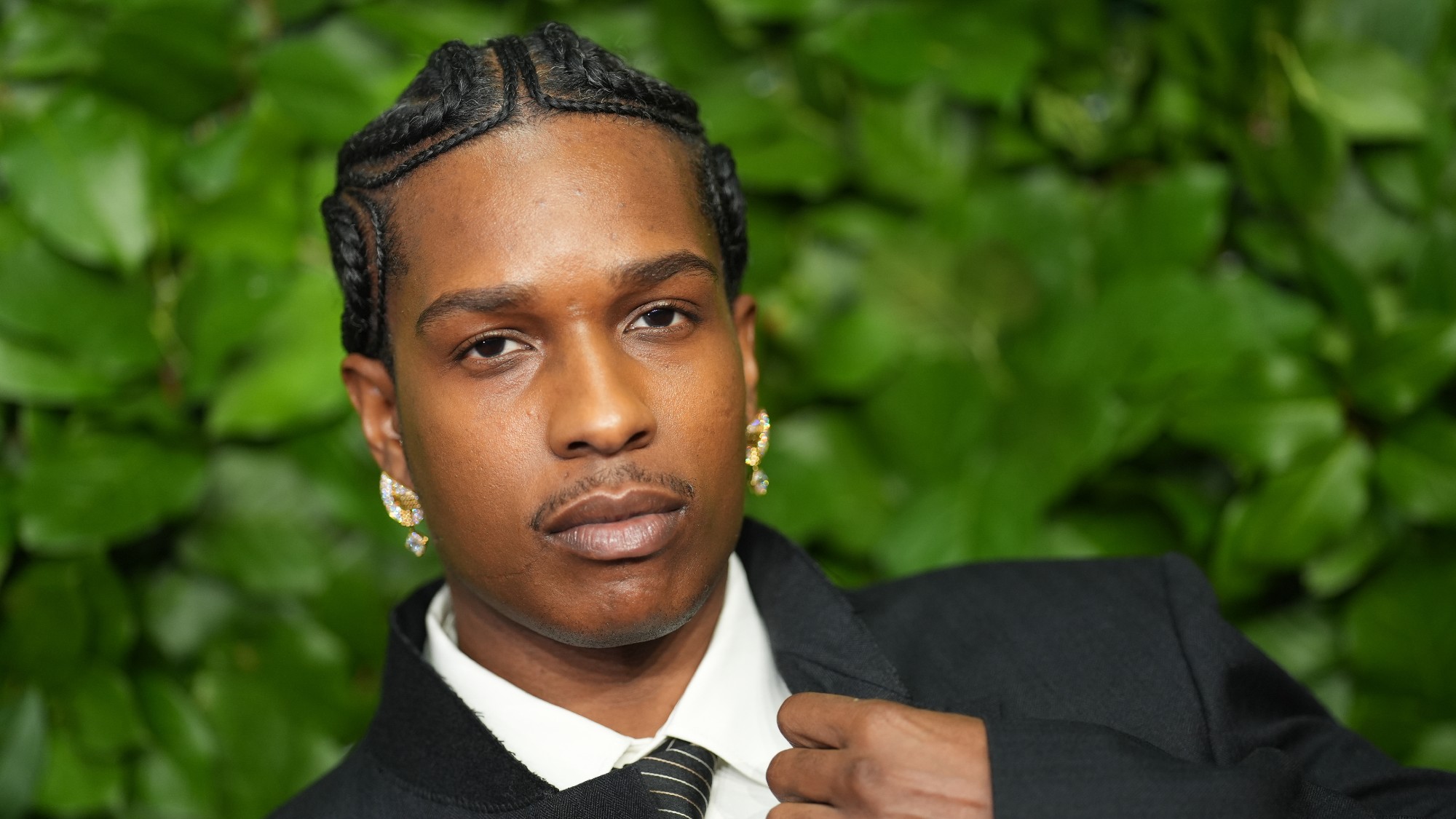 Music reviews: Ari Lennox, Lucinda Williams, and A$AP Rocky
Music reviews: Ari Lennox, Lucinda Williams, and A$AP RockyFeature ‘Vacancy,’ ‘World’s Gone Wrong,’ and ‘Don’t Be Dumb’
-
 Book reviews: ‘Vigil: A Novel’ and ‘Fear and Fury: The Reagan Eighties, the Bernie Goetz Shootings, and the Rebirth of White Rage’
Book reviews: ‘Vigil: A Novel’ and ‘Fear and Fury: The Reagan Eighties, the Bernie Goetz Shootings, and the Rebirth of White Rage’Feature Taking on the space between life and death and a look back at a 1984 shooting that shocked New York City
-
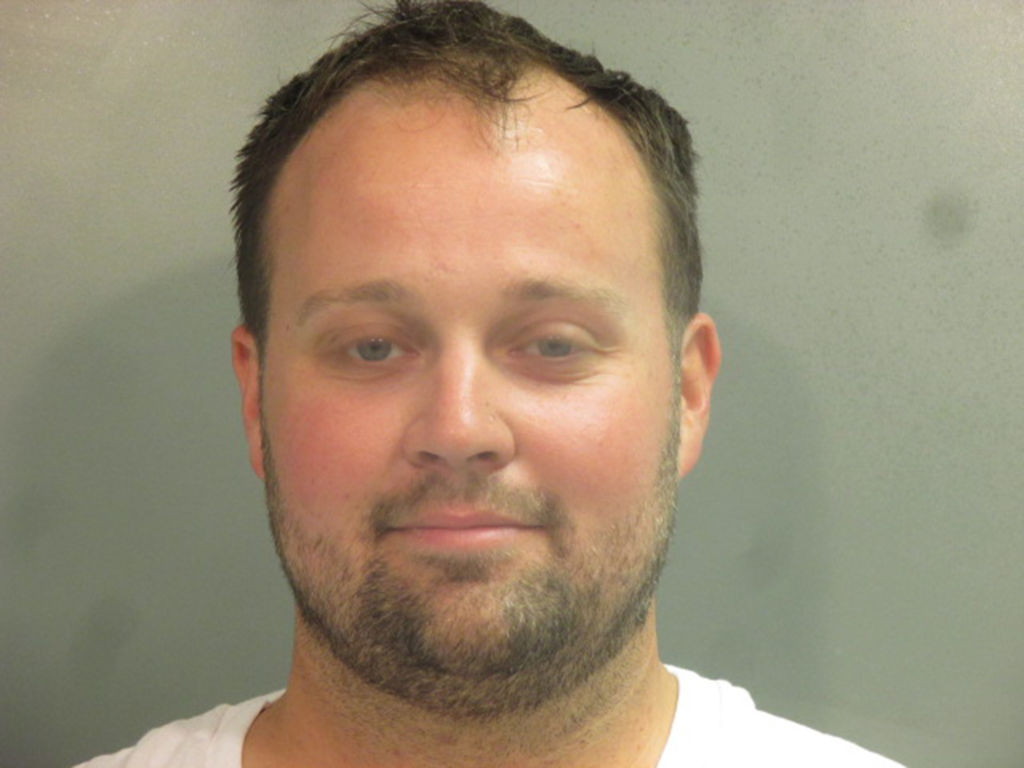 19 Kids and Counting's Josh Duggar hit with child pornography charges
19 Kids and Counting's Josh Duggar hit with child pornography chargesSpeed Read
-
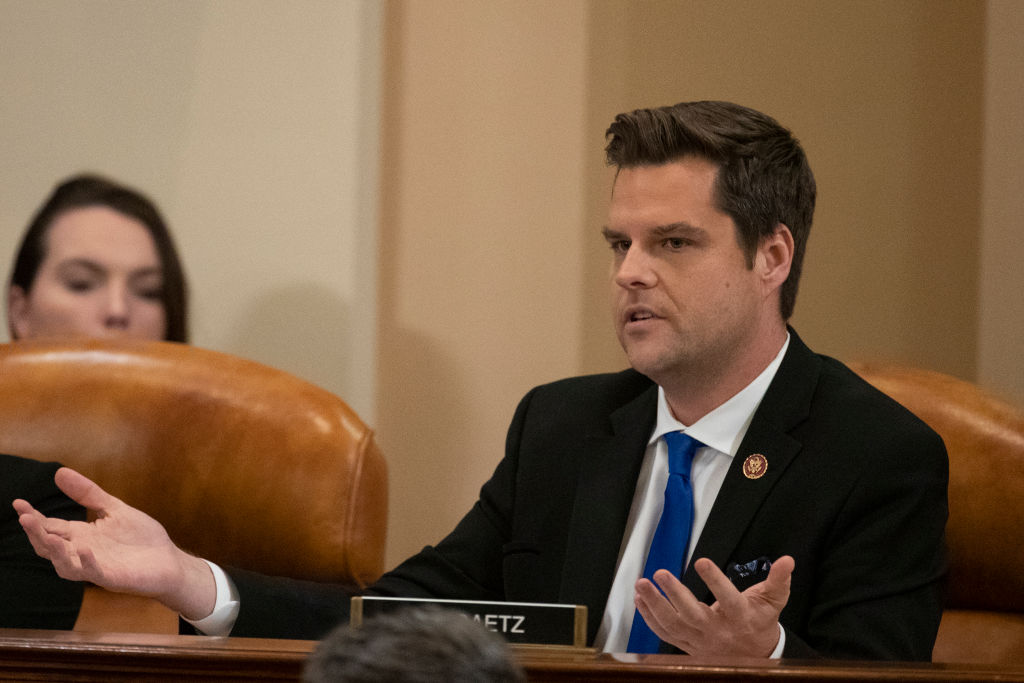 Matt Gaetz was the main opponent of Florida's nonconsensual 'revenge porn' law, GOP lawmaker says
Matt Gaetz was the main opponent of Florida's nonconsensual 'revenge porn' law, GOP lawmaker saysSpeed Read
-
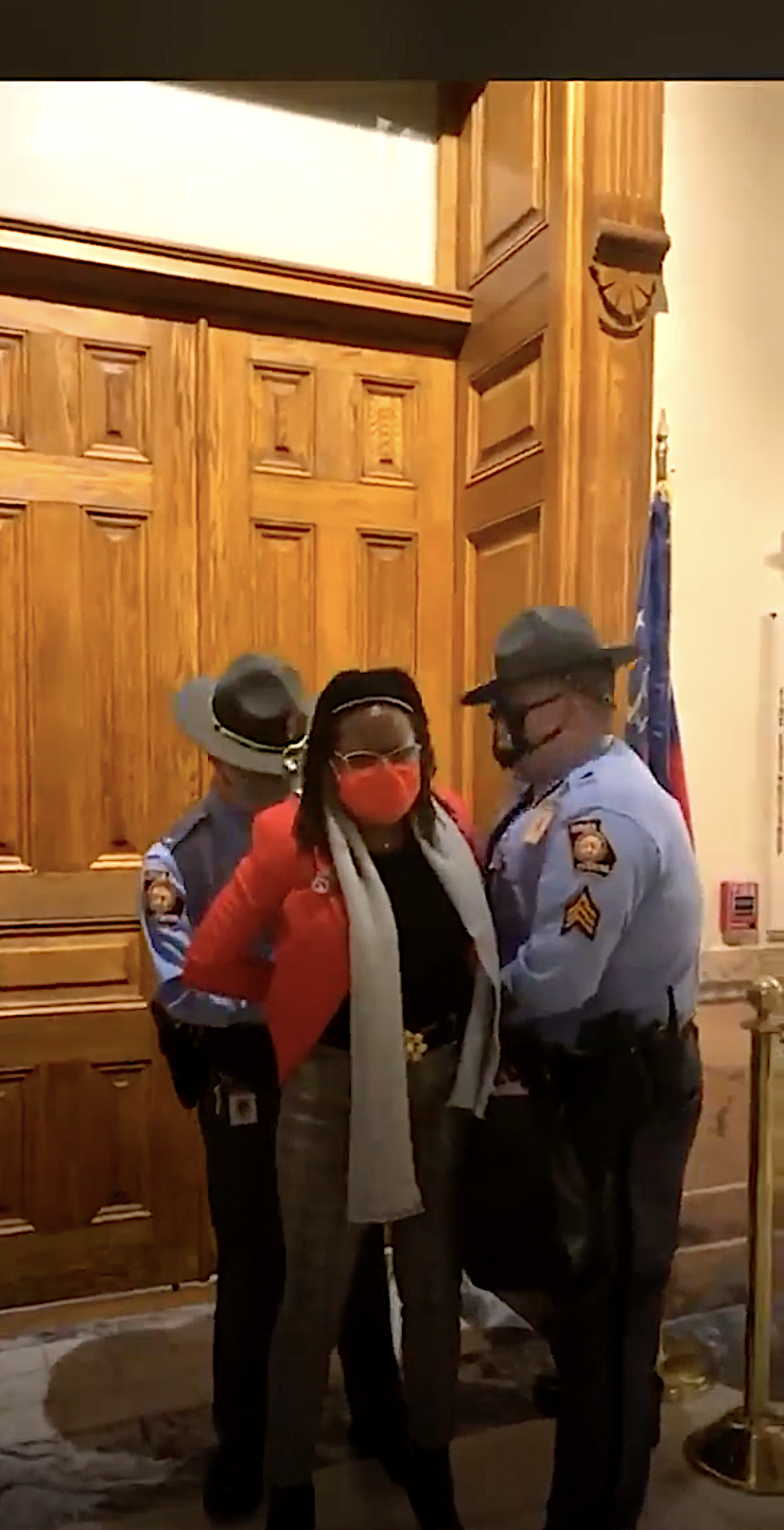 Georgia police arrest Black lawmaker for knocking as Gov. Brian Kemp signed new voting restrictions
Georgia police arrest Black lawmaker for knocking as Gov. Brian Kemp signed new voting restrictionsSpeed Read
-
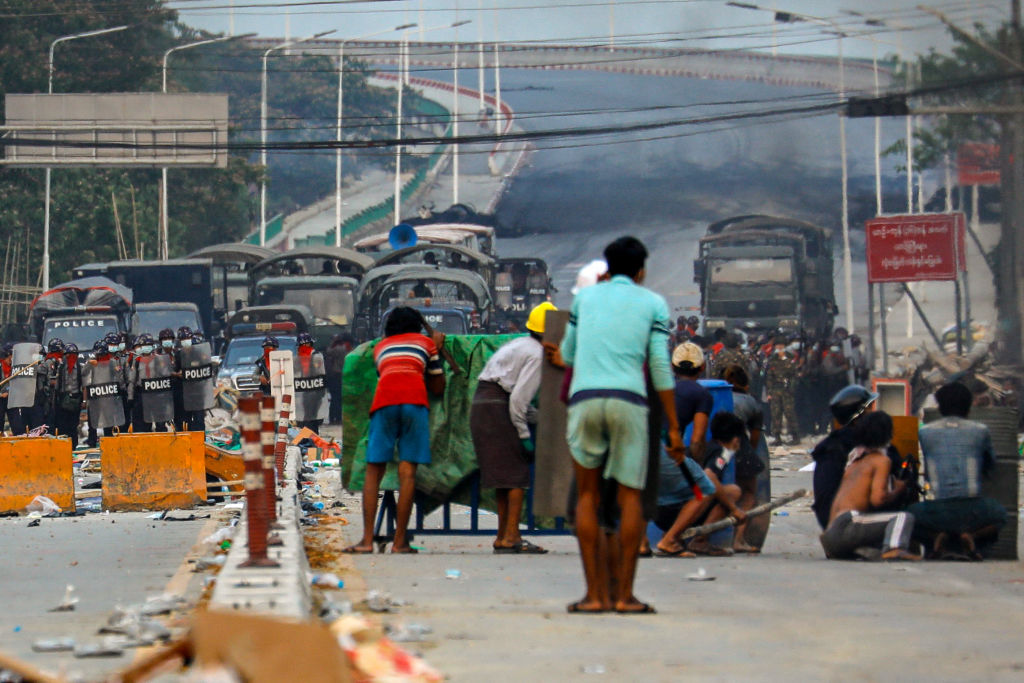 Myanmar junta reportedly kills 38 protesters, declares martial law in part of Yangon
Myanmar junta reportedly kills 38 protesters, declares martial law in part of YangonSpeed Read
-
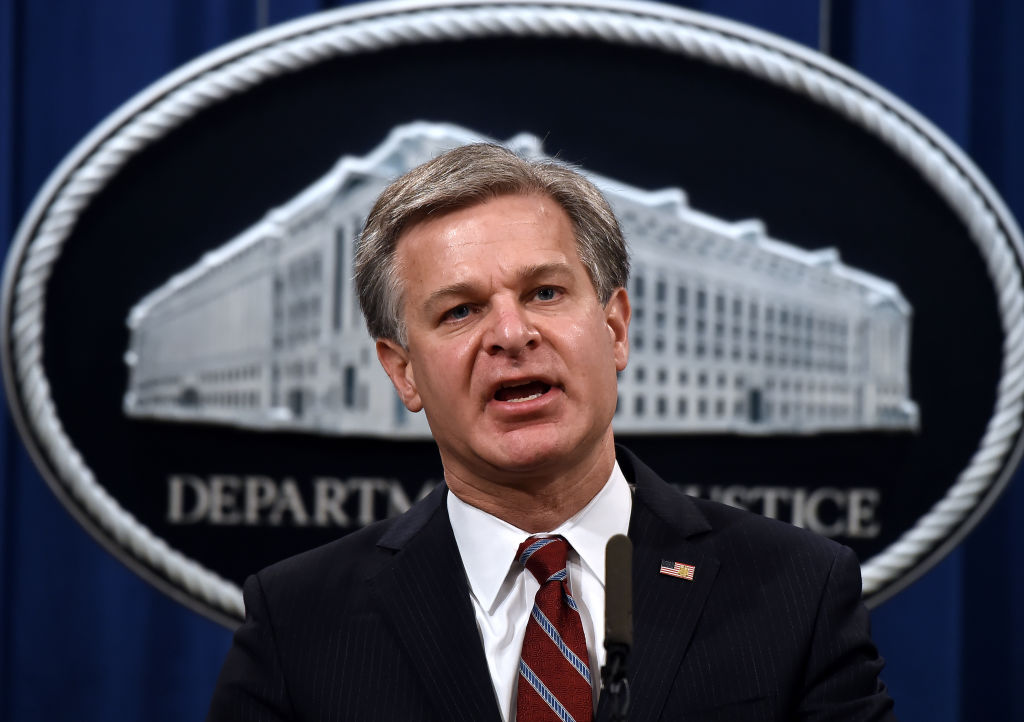 Raskin asks FBI for answers on how it's targeting white supremacists in law enforcement
Raskin asks FBI for answers on how it's targeting white supremacists in law enforcementSpeed Read
-
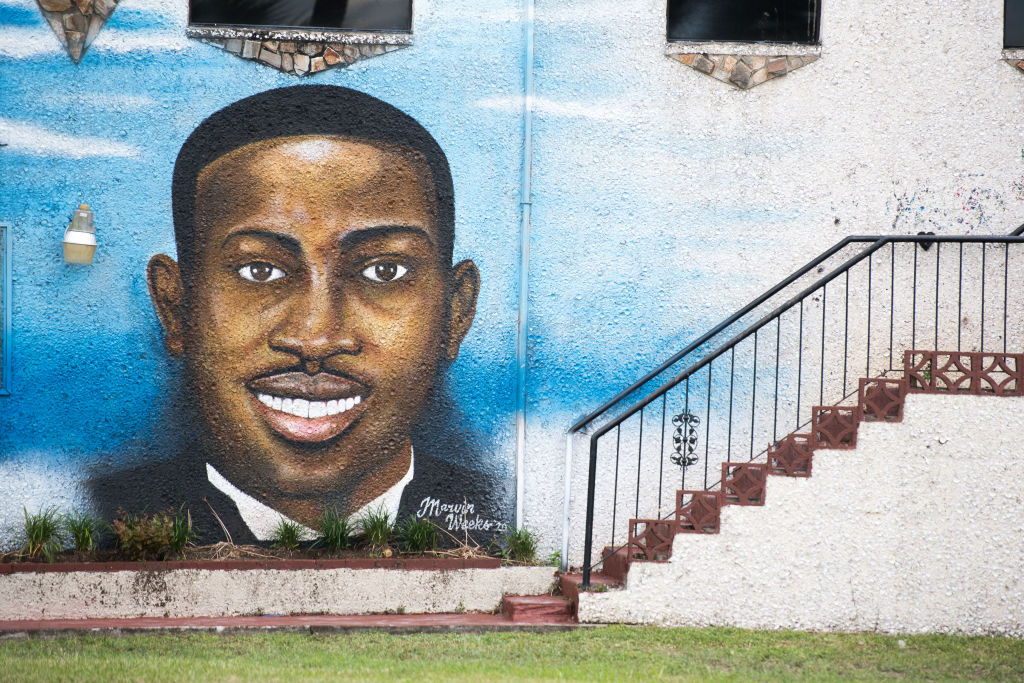 Ahmaud Arbery's mother files civil rights lawsuit 1 year after his death
Ahmaud Arbery's mother files civil rights lawsuit 1 year after his deathSpeed Read
-
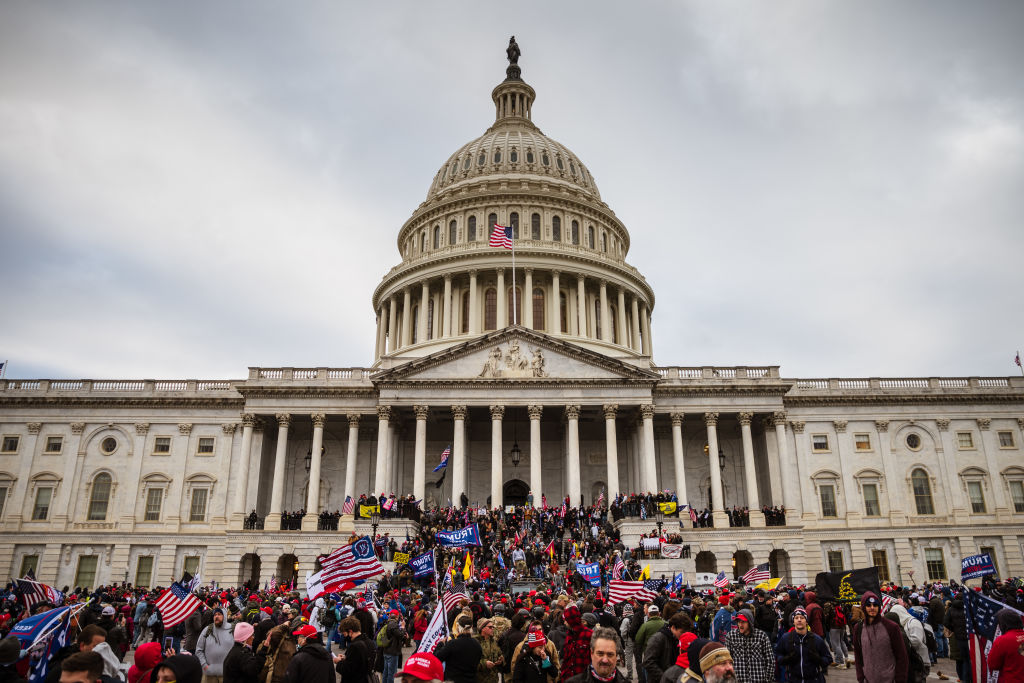 Lawyer for man charged in Capitol riot says he worked for the FBI, had top-secret security clearance
Lawyer for man charged in Capitol riot says he worked for the FBI, had top-secret security clearanceSpeed Read
-
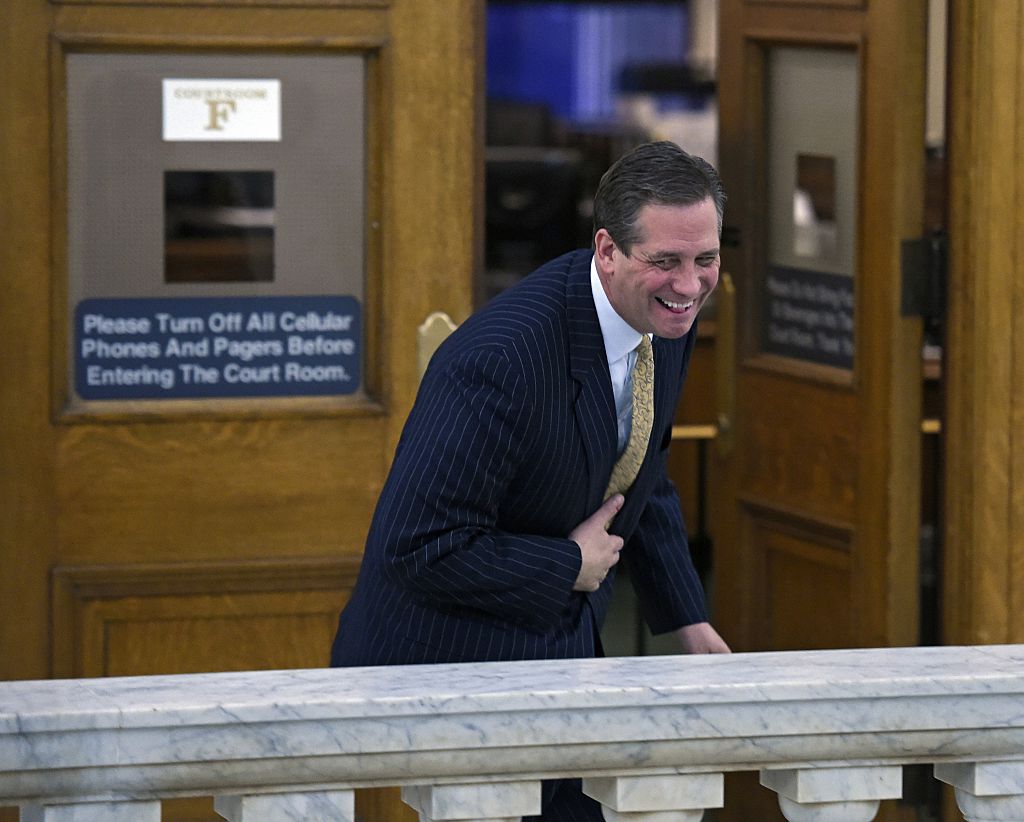 Trump's impeachment lawyer specializes in medical malpractice and 'people falsely accused in Me Too cases'
Trump's impeachment lawyer specializes in medical malpractice and 'people falsely accused in Me Too cases'Speed Read